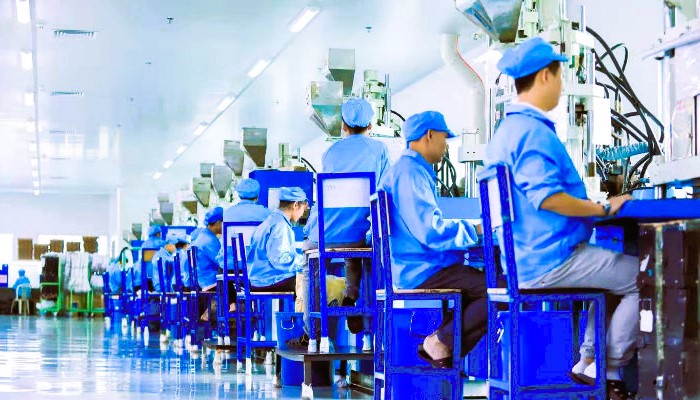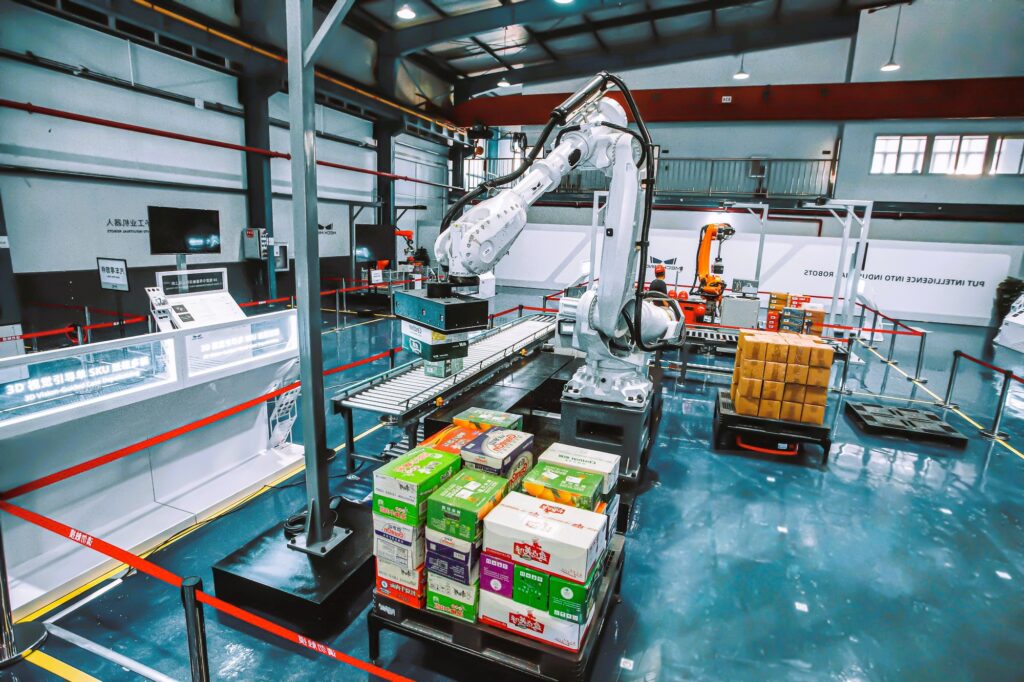
The Impact of Production Testing on Cost Savings in Manufacturing
BlogIn the intricate world of manufacturing, where precision and efficiency are paramount, the role of production testing extends far beyond ensuring the quality of the final product. One often overlooked aspect is the significant impact that robust production testing processes can have on cost savings throughout the manufacturing lifecycle. In this article, we will explore how strategic and effective production testing can lead to substantial cost savings for manufacturers.
1. Early Detection of Defects:
One of the primary ways production testing contributes to cost savings is through the early detection of defects. Identifying and rectifying defects at the initial stages of production prevents the manufacturing of faulty products. This not only saves resources that would have been invested in producing defective items but also mitigates the costs associated with recalls, rework, and potential damage to the brand’s reputation.
2. Preventing Escalation of Issues:

Production testing acts as a proactive measure to prevent the escalation of issues in the manufacturing process. By identifying and addressing problems early on, manufacturers can prevent minor glitches from turning into major disruptions. This timely intervention minimizes the need for extensive troubleshooting, reducing downtime and the associated costs of emergency repairs.
3. Optimizing Resource Allocation:
Strategic production testing allows manufacturers to optimize resource allocation. By focusing on critical tests and utilizing automated testing systems, manufacturers can streamline the testing process, saving both time and labor costs. This targeted approach ensures that resources are directed towards areas with the most significant impact on product quality.
4. Minimizing Rework Costs:
Defects identified through production testing often require rework to meet quality standards. However, by catching defects early, the scope and cost of necessary rework are minimized. This not only reduces the financial burden but also ensures that rework is a manageable and planned aspect of the production process rather than a reactive and costly necessity.
5. Enhancing Operational Efficiency:
Efficient production testing processes contribute to overall operational efficiency. Automated testing systems, when integrated seamlessly into production lines, can operate with speed and precision, reducing cycle times and increasing throughput. The resulting efficiency gains translate into cost savings through higher productivity and reduced operational overheads. Successful implementation of production tests in various industries, in the article about Practical examples.
6. Regulatory Compliance and Cost Avoidance:
Many industries have stringent regulatory standards that products must meet. Non-compliance can lead to fines, legal complications, and damage to the brand’s reputation. Production testing ensures that products adhere to these standards, thus avoiding the costs associated with non-compliance. By investing in robust testing processes, manufacturers safeguard themselves from potential financial repercussions.
7. Long-term Cost Reduction Through Data Analysis:

Production testing generates a wealth of data that, when analyzed comprehensively, provides insights into long-term cost reduction opportunities. By identifying patterns, trends, and areas for improvement, manufacturers can make informed decisions that contribute to sustained cost savings. This data-driven approach is instrumental in optimizing processes over time.
Linking to Standards:
Adhering to industry standards is a crucial component of effective production testing. Standards provide a benchmark for quality assurance and contribute to consistent and reliable testing processes. For more information on standards in Canada, you can refer to authoritative sources such as Wikipedia.
In conclusion, the impact of production testing on cost savings in manufacturing is multifaceted and far-reaching. From preventing defects to optimizing resource allocation and ensuring regulatory compliance, strategic production testing is a cornerstone of financial efficiency in the manufacturing sector. Manufacturers that recognize and invest in the cost-saving potential of robust production testing are not only enhancing the quality of their products but also securing a competitive edge in an ever-evolving market.
Recent Posts
- The Role of Data Analytics in Optimizing Production Testing Processes
- Measuring Success: Key Performance Indicators for Production Testing
- The Interplay Between Production Testing and Continuous Improvement
- The Importance of Training and Skill Development in Production Testing Teams
- Strategies for Minimizing Downtime During Production Testing

